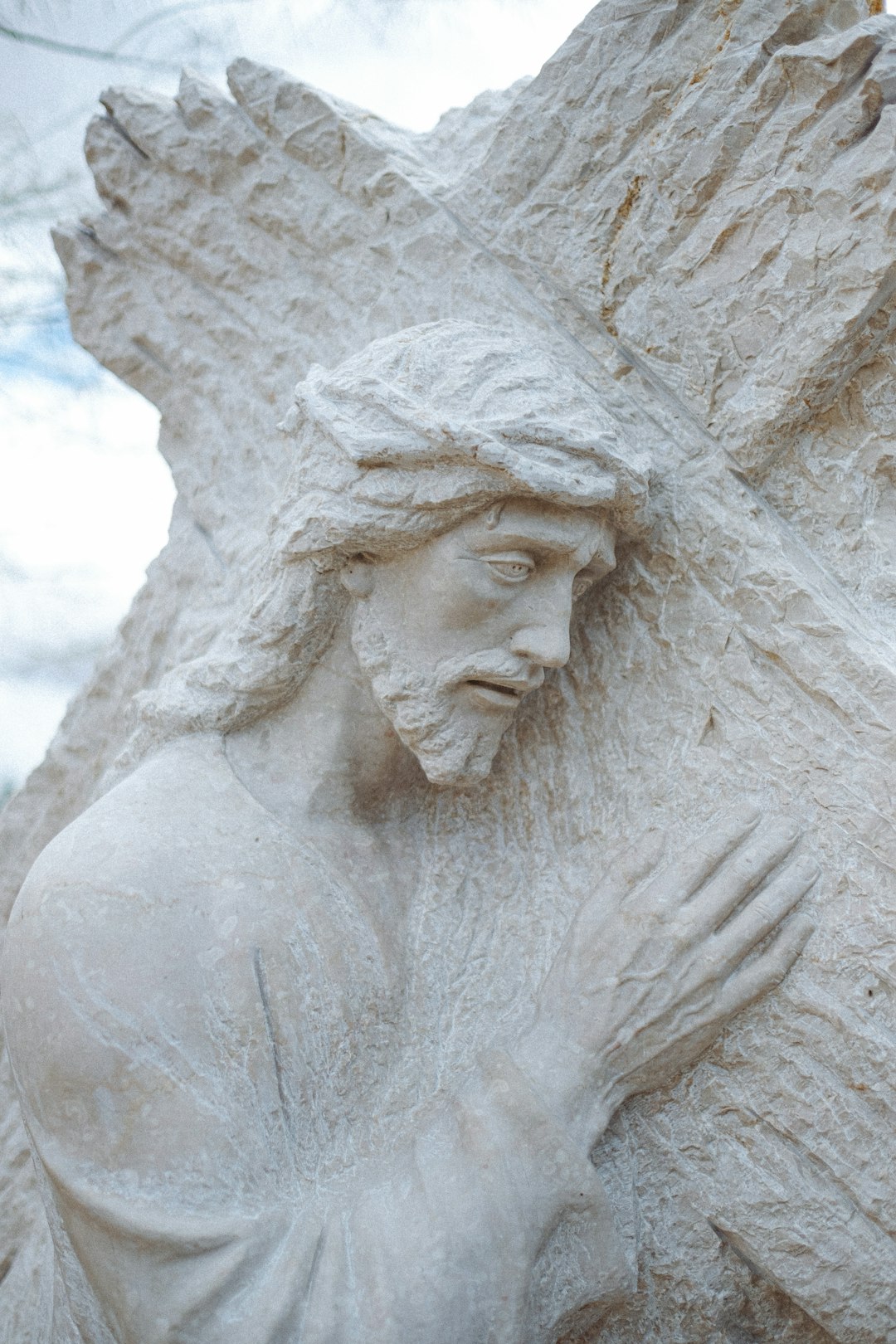In My Suffering, Give Me God
We do theology in the light so we can stand on it in the dark.
It was two months after my grandfather was killed in a tragic plane crash that I began attending a program to formally learn theology for the first time. Between those two events, I considered not going. I had lots of new responsibilities in my life that I needed to take care of on top of the tremendous grief I was experiencing. No one prepares you for the amount of paperwork, phone calls, and even lawyers that would be involved in the death of a loved one. “I’m sorry for your loss, will you please initial here and sign at the bottom?”
Now, if you believe that theological explanations don’t help in suffering, you would have agreed with my initial impulse to not attend. Why, in my moment of deepest loss and darkest grief, would I subject myself to driving an hour away to sit through three hours of cold, theological training for the next year instead of going to therapy and sitting with my suffering?
While I do intend to go to therapy to process the last decade of my life (of which there was more loss than this one instance, though this was the darkest), it was the theology that gave me a foundation from which to process my grief. On the first week of the program, one of the teachers said in his lecture, “We do theology in the light so we can stand on it in the dark.” And there I was, not in the light, but in the darkest night of my life longing for something to stand on.
So you might say, “If you were longing for something to stand on in your suffering, don’t you think you were susceptible to believe anything?” But that’s not how suffering works. When you’re in your deepest suffering, you’re not likely to believe anything. You’re more likely to believe nothing.
Nothing, because nothing makes sense in light of sudden death. No one understands exactly what you’re going through, no matter how similar the circumstance. No word of encouragement is good enough to make your heart right when your heart is grief-struck. So for something to break through and shine the light of hope into darkness, there’s no such thing as “good enough.” It has to be true.
Believing the hope of the gospel in the midst of suffering isn’t simply an apologetic for the need humanity has for hope. It’s an apologetic for the truth of the gospel because it’s able to cut through our deepest despair and provide lasting hope.
So in our suffering, we need theology. Not platitudes or easy answers. It’s better that the foundation is laid before the storm comes. But we still need theology.
Every thought we have about God is theology. Our thoughts about him are either accurate to his character or not. We’ll never mine the depths of his infinite being, but a God who reveals himself to us is knowable in as much as he allows us to know him. The task of knowing him isn’t impossible, it’s only limited.
Theology is understanding the story of reality so we can live into the role we were created to have in it. If we don't have a framework for things greater than ourselves, then tragedy is an intrusion that we can't account for. If the story is only about you or me, then the tragedy is meaningless. If we don't have hope grounded in reality when tragedy comes, no platitude or "sitting with it" will rescue us from despair. We need something real, thick with meaning, and sturdy under pressure. Otherwise, we're floating through a world void of meaning, unjustly robbed of someone or something we placed the weight of our purpose into, and unable to account for it.
In my suffering, give me God. For only in the truth and reality of who he is am I able to stand against the waves with an anchor in my soul, able to say “it is well.”



